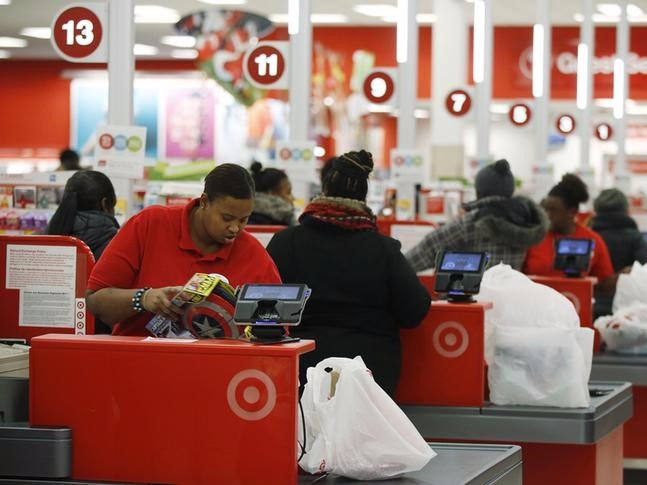 Thomson Reuters
Thomson Reuters
A significant consequence of the downturn in brick-and-mortar retailing is that thousands of people are losing their jobs.
In May, there were nearly 19,000 fewer people working in department stores compared to January, according to the Bureau of Labor Statistics, amid a record pace of store closures. This is happening because the US has built too many stores since the 1990s, and online shopping is booming.
A look back shows that retail jobs have been declining as a share of overall employment since the late 1980s.
“Employment in grocery stores, department stores, electronics stores, furniture stores, etc. has been declining as a share of total employment since 1989,” wrote Torsten Slok, the chief international economist at Deutsche Bank, in a note on Wednesday.
“Another way of saying this is that we have seen less growth in the retail sector relative to other sectors in the economy. Put differently, it is nothing new that the retail sector is underperforming, and looking at the absolute level of employment in retail it is currently close to the highest level in twenty years.”
And so, although the total number of employees in retail has grown, their numbers compared to the overall labor market has been falling. This suggests that slower hiring in the sector may not be an ominous sign for the overall labor market and the economy.
“The bottom line is that the retail sector is facing structural headwinds, but those headwinds alone are not big enough to drag the economy into a recession,” Slok said.  Deutsche Bank
Deutsche Bank













